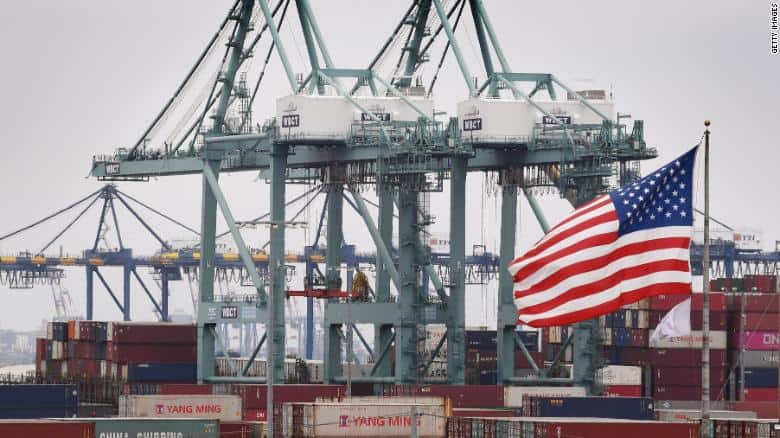
Chinese electric car company Xpeng Motors has raised fresh funding as competition continues to heat up in China’s so-called new energy vehicle market.
The $500 million funding came from a group of investors including Aspex, Coatue, Hillhouse Capital and Sequoia Capital China. It follows a $400 million cash injection in November from investors that included Chinese smartphone maker Xiaomi.
China’s electric vehicle sector has been hit hard by the coronavirus pandemic. Sales of new energy vehicles fell 33.1% year-on-year in June, according to data from the China Association of Automobile Manufacturers. However, sales have been rising month-on-month as the Chinese economy shows signs of rebounding.
Earlier this year, the Chinese government unveiled policies it hoped will stimulate the electric car market. It said new energy vehicle subsidies and tax break policies that had been set to expire this year were extended to 2022. And charging infrastructure around the country got a 2.7 billion yuan ($385.7 million) injection.
China’s favorable policies toward the electric car market have helped spawn dozens of domestic brands and fueled intense competition.
This month, Xpeng Motors started deliveries of its new P7 sedan — which is seen as a competitor to Tesla’s Model 3. In January, Tesla began rolling out Model 3 cars made in its Shanghai factory to customers in China.
Chinese electric carmakers have recently been pushing to raise money. Earlier this month, Li Auto filed for an initial public offering in the U.S. but has not yet priced its shares. And U.S.-listed NIO said that it had secured 10.4 billion yuan worth of credit lines this month.
But the pandemic has also hurt some electric vehicle firms in China. Start-up Byton said earlier this month that it was suspending business operations for six months and furloughing staff.























